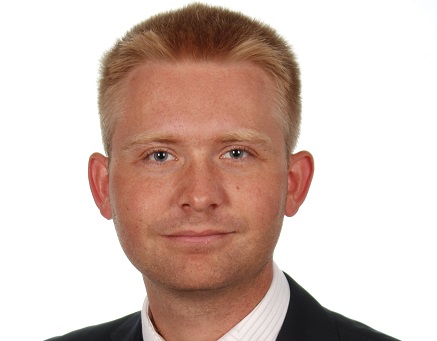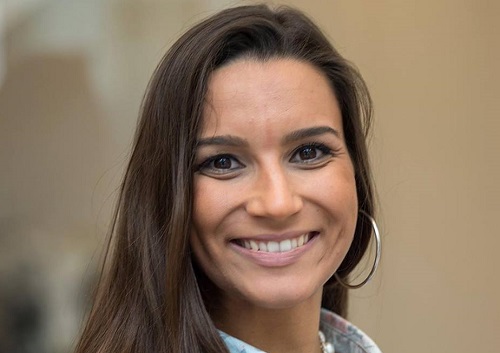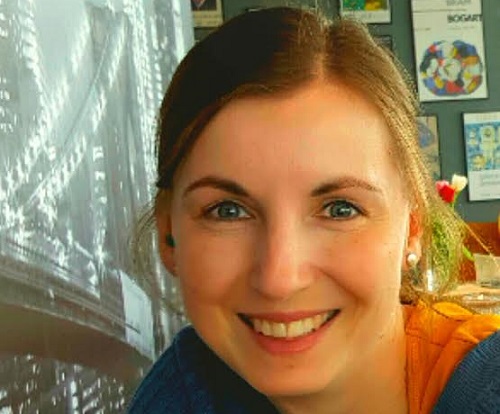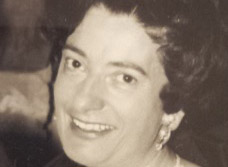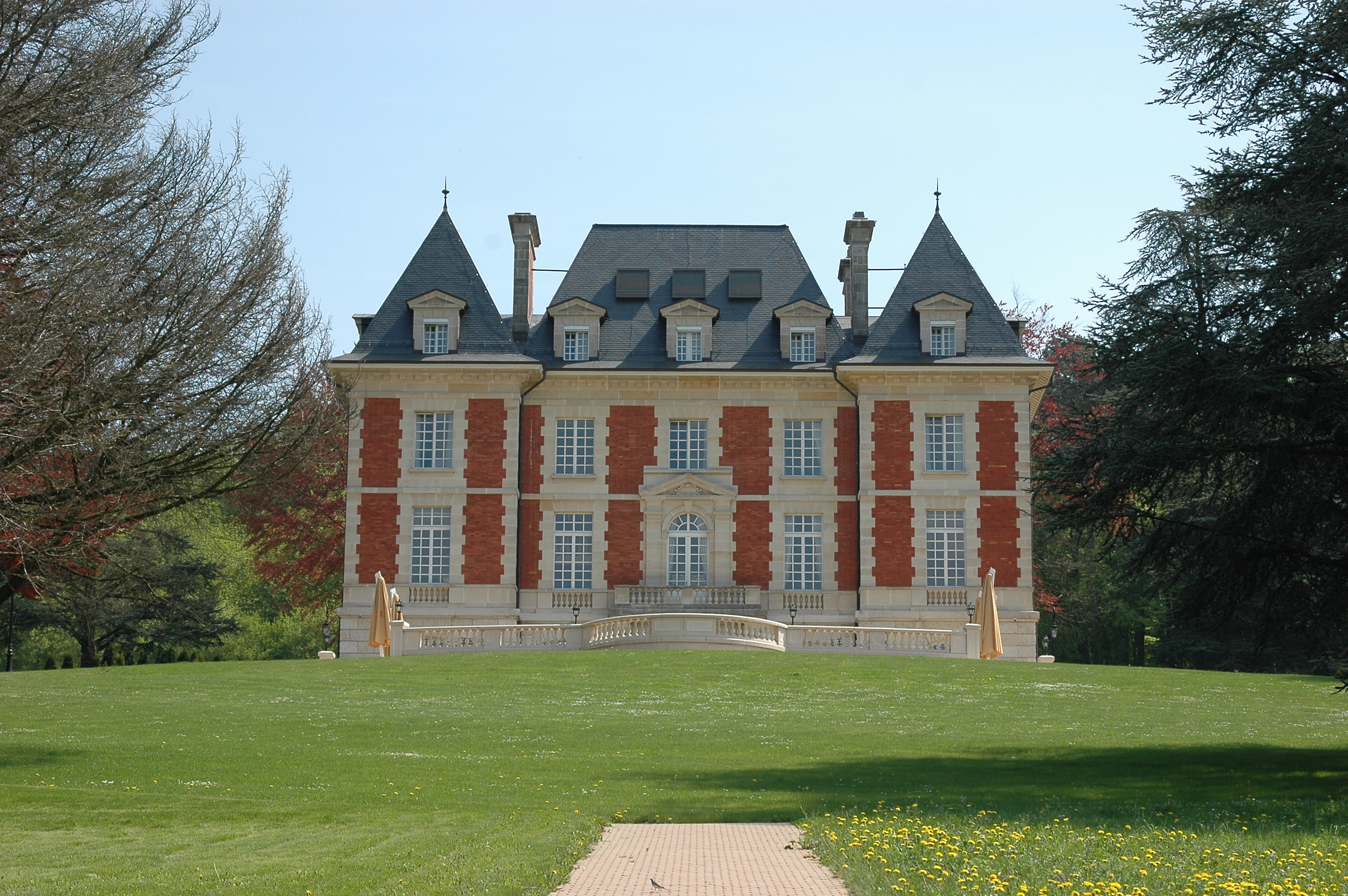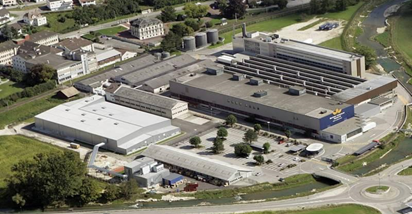who we are
Martin Dolinský
ANALYST
Martin Dolinský got his experience as an external CSR consultant for Italian company PintInox, S. p. A., where he was responsible for sustainability measurement metrics application and while teaching at The Pan-European University subjects such as Innovation Management and Sustainability Management. He is a co-organizer of annual scientific conference called Sustainable Development Symposium which started in 2011 and is hosted each year by different European University. As a team member of EKOrast, he is responsible for managing project submissions for European programmes HORIZON 2020 and INTERREG Central Europe within PREPARE network. He graduated at the University of Economics in Bratislava; completed his PhD degree at The Pan-European University and studied also at universities in Italy, Austria and Slovenia.
MARIANA BRANCO
ANALYST
Mariana is a Social Impact Analyst. She started her work in evaluation developing the first Portuguese Social Return on Investment Analysis (SROI) and the first SROI mentoring program. Besides SROI auditing and accredited training, Mariana has been implementing M&E systems across Public Projects in Portugal, Angola and Brazil. Along with Foundation Guilé, she is currently collaborating with projects from The Portugal2020 agenda, The Angola Sovereign Wealth Fund and The Brazilian Social Industry Service. Mariana is a PhD fellow in Economics at the Maastricht University. She holds a bachelor degree in Economics, a Master in International Cooperation and a post graduation from the United Nations University in Evidence Based Policy Research Methods. Mariana is a board member of the European Evaluation Society and of The Portugal Impact Group. She is also at the Advisory board of “Global Value Exchange” and a member of “Social Value International”.
SILVIA ZAMBOROVA
ANALYST
Silvia has almost 15 years of professional experience in the finance and the consulting sector, out of which 8 years in a bank which was a leader in financing wind, solar and biomass energy sectors when the bank was operating in Slovakia. She earned a master’s degree at the University of Economics in Bratislava. She has a deep interest in socially responsible investment. Silvia is currently working in banking sector and also as external consultant for EKOrast supporting programs focusing on waste recycling, promotion of energy efficiency as well as on awareness raising activities in schools and public.
Marguerite Burrus
Leon’s wife Marguerite, called Guigui, had four sons. The eldest, Charles Burrus, would take over management of the business.
Marguerite was a piano virtuosa and champion horsewoman who participated in numerous local charitable causes such as training local youth. Some of her most notable contributions were her efforts to save nearly 5000 Jewish children during World War II. Along with Odile Burrus, named Knight of the Legion of Honor in 1948, she organized their passage over the Swiss border via the gateway to France on the family property of Domaine de Guilé, bordering France. This property has housed the Fondation Guilé since its creation. With the help of the Red Cross, the children were cared for, clothed, and then sent to welcome centers across Switzerland.
Domaine de Guilé
Leon and Marguerite Burrus built the Domaine de Guilé in 1928 after two years of marriage.
Leon made sure that their home was facing France, where his wife had grown up. It is styled after the architecture in the Place des Vosges square in Paris. Their home has welcomed many personalities over the years; Kofi Annan paid a visit after the Fondation Guilé signed a memorandum of support with the UN to promote the Global Compact.
Sale of F.J. Burrus
The factory was sold in 1996 to Rothmans, later to become BAT.
The Ruperts were longtime competitors of the Burruses, who had a special relationship with them because the two families shared a common business philosophy. Then ROTHMANS INTERNATIONAL acquired the company and agreed to maintain the factory and F.J. Burrus’ headquarters at Boncourt. The deal was completed in 1996. ROTHMANS closed its Wetzikon factory and transferred its business to Boncourt. Three years later, in January 1999, ROTHMANS merged with BAT (British American Tobacco), which took over company leadership. BAT moved its production and headquarters from Geneva to Boncourt, and transferred its commercial activities to the Burrus building in Lausanne.
Company employees are delighted that the industrial site has remained so active. Not only has it not disappeared, it continues to grow and develop. The factories have gotten bigger, the pace has picked up, the industrial buildings have been renovated, and both plant and machinery are kept constantly up-to-date. This year marks the 200th anniversary of the site.
